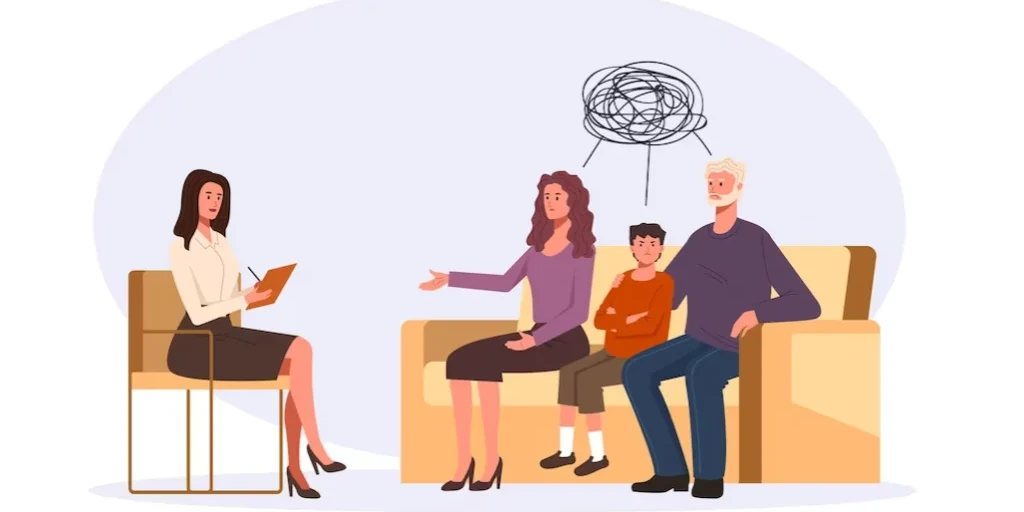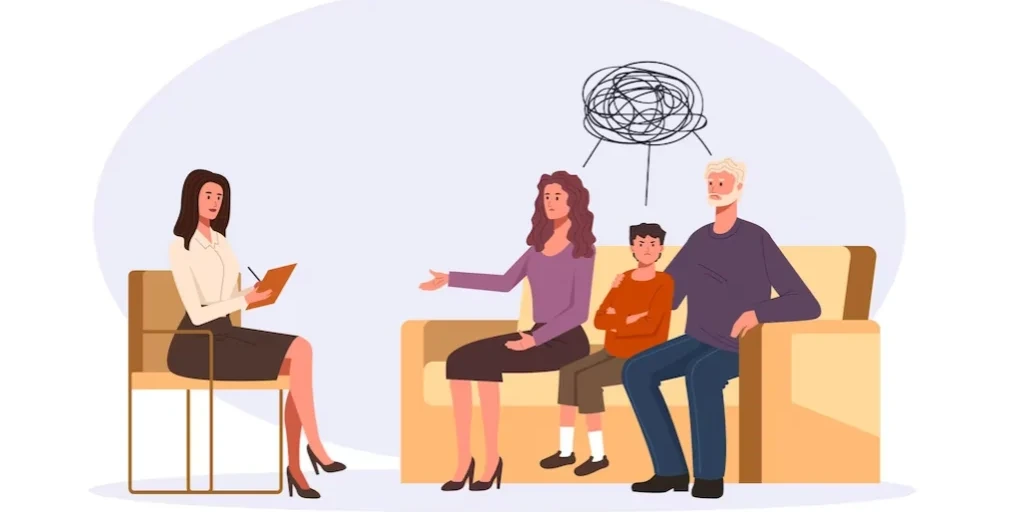24/7 Helpline:
(866) 899-111424/7 Helpline:
(866) 899-1114
Learn more about Depression Treatment centers in Cave Spring
Depression Treatment in Other Cities
Other Categories in Cave Spring

Other Insurance Options

EmblemHealth

Kaiser Permanente

Sutter

Private insurance

Coventry Health Care

MHNNet Behavioral Health

BlueCross

Evernorth

American Behavioral

ComPsych

PHCS Network

Medical Mutual of Ohio

Anthem

Health Net

Magellan

WellPoint

Oxford

Holman Group

Access to Recovery (ATR) Voucher

Covered California

New Horizons Treatment Center
New Horizons Treatment Center is a private rehab located in Rome, Georgia. New Horizons Treatment Ce...

Highland Rivers Health – Floyd Recovery and Wellness Center
Highland Rivers Health provides a variety of treatment programs and services to meet your individual...

Rome Memorial Hospital – Senior Behavioral Health Unit
Rome Memorial Hospital – Senior Behavioral Health Unit is a private rehab located in Rome, New York....

Neighborhood Center – Behavioral Health
Neighborhood Center – Behavioral Health is a private rehab located in Rome, New York. Neighborhood C...

















































AA – Alcoholics Anonymous – Meeting Information
AA – Alcoholics Anonymous – Meeting Information is a non-profit rehab located in Rome, Georgia. AA –...

Highland Rivers Health – Crisis Stabilization
Highland Rivers Health - Crisis Stabilization provides a wide variety of behavioral healthcare servi...

Center for Family Life and Recovery
Center for Family Life and Recovery provides Prevention, Mental Health, and Behavioral Services, as ...
Beacon Center
Beacon Center - West Liberty Street offers outpatient treatment for individuals with alcohol and/or ...

























































